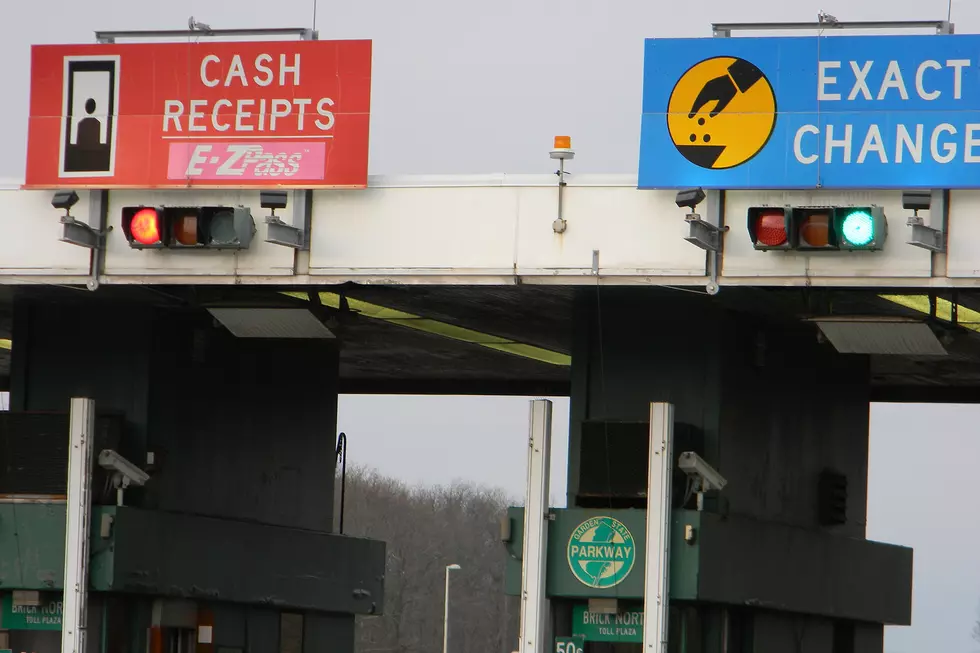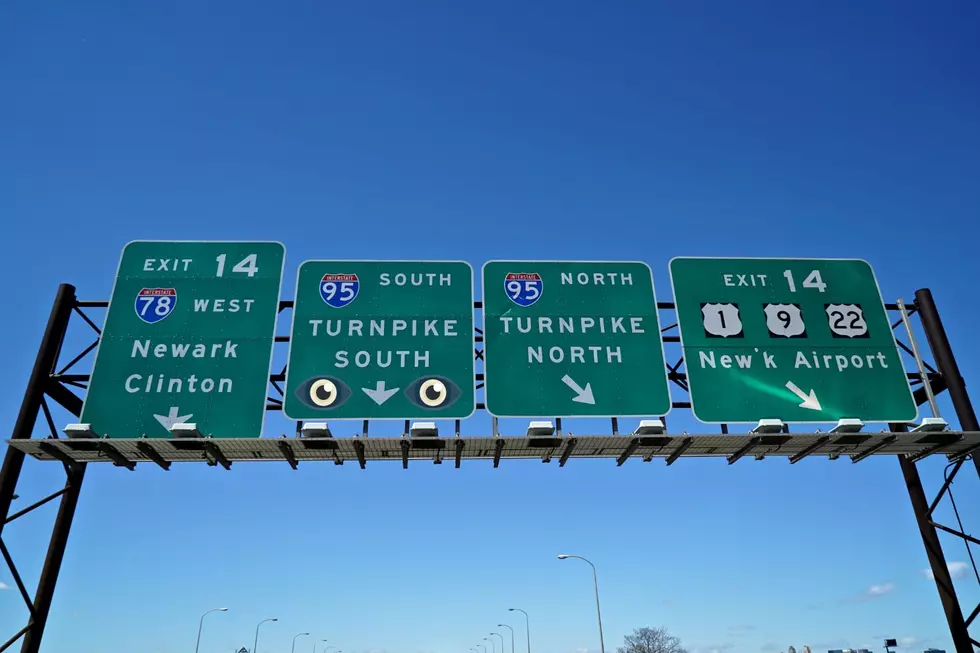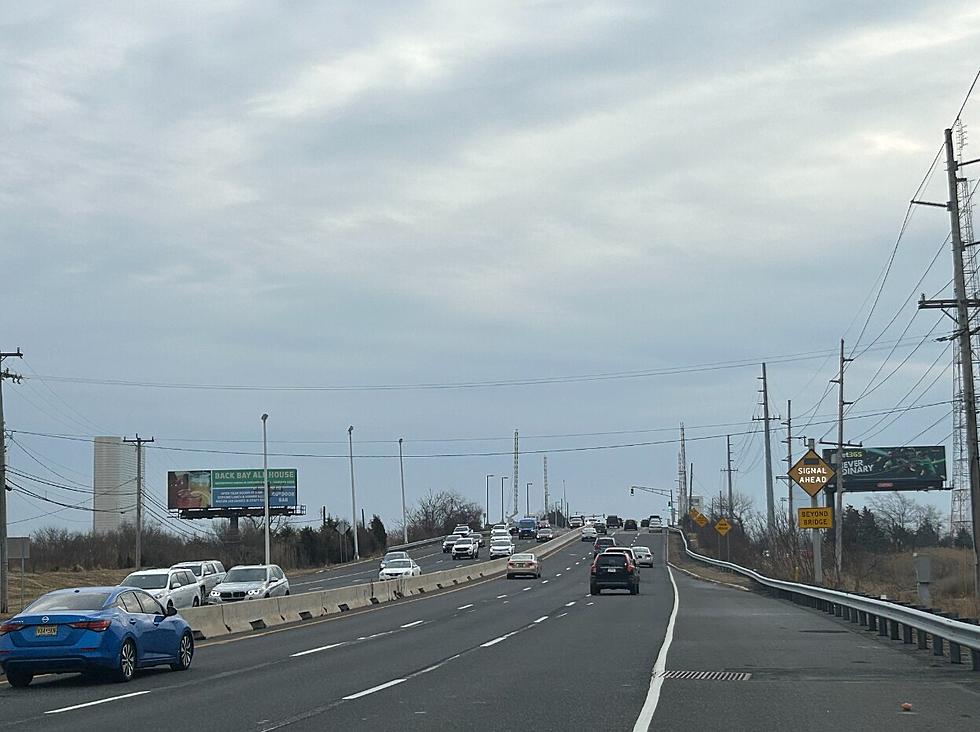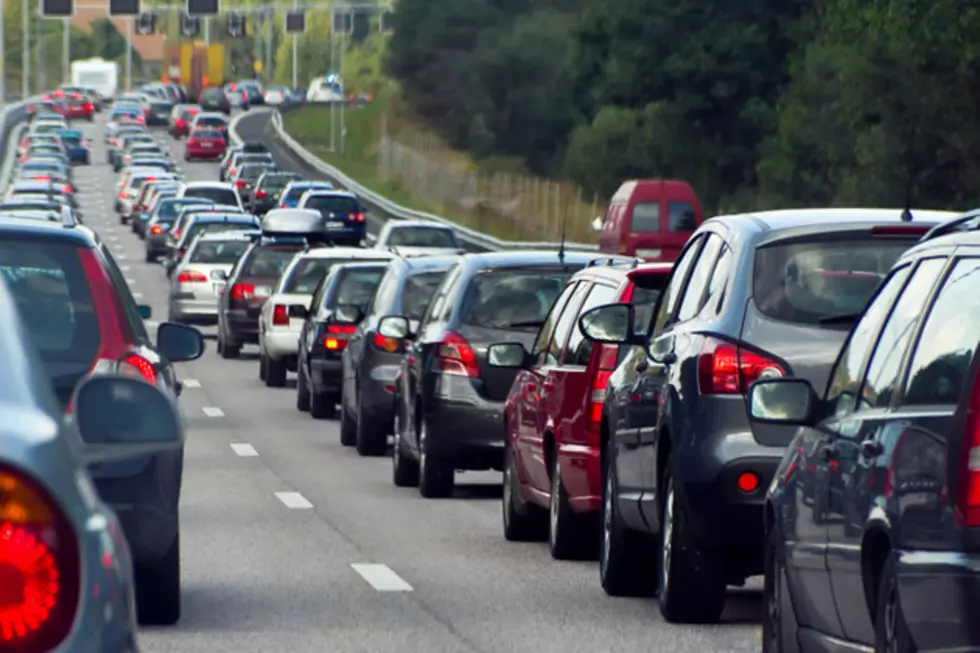
No respite for drivers: Tolls rise Sunday, gas tax in three weeks
The first of a one-two financial punch for beleaguered commuters takes effect Sunday, when tolls on the New Jersey Turnpike, Garden State Parkway and Atlantic City Expressway jump, followed 18 days later by an increase in the gas tax.
The toll hikes were approved in May. The gas-tax hike was announced two weeks away. Now some transportation advocates worry that a third blow may land in the coming months – a fare increase on New Jersey Transit.
NJ Transit’s finances are a mess, as ridership remains decimated six months into the pandemic. Fares normally account for 45% of the agency’s revenue. Federal aid is helping cover the current deficit and pay for COVID-related costs but won’t last forever.
Nat Bottigheimer, New Jersey director for the Regional Plan Association, said revenue from fares could still be down more than half well into next year.

“If rider revenue continues to be low in fiscal year ’22, the state faces three options basically: raising fares, reducing service or increasing state funding,” Bottigheimer said.
The proposed state budget provides $203 million less to NJ Transit than Gov. Phil Murphy initially proposed in February – a drop of $71 million, rather than a jump of $132 million.
That’s partially being covered by raiding the Clean Energy Fund, which creates its own cascading problems, said Doug O’Malley, director of Environment New Jersey.
“Those are investments that hurt small businesses and hurt obviously consumers that need those moneys for weatherization dollars,” O’Malley said. “We need a more equitable structure and a dedicated funding source for New Jersey Transit.”
John Reichman, environmental chair for Blue Wave NJ, said that source could be the New Jersey Turnpike Authority.
Tolls are increasing Sunday for the first time since 2012 – by 36% on the Turnpike, bringing the average trip from $3.50 to $4.80; by 27% on the Parkway, bringing the average toll from $1.11 to $1.41; and by 40% on the Expressway, which includes raising the $3 tolls to $4.25.
Tolls will increase each year by up to 3%, depending on inflation, starting Jan. 1, 2022.
The toll increases are financing $24 billion in planned projects on the Turnpike and Parkway and $500 million on the Expressway, including more than $16 billion for more than 100 miles of lane widenings.
“These are unneeded projects that didn’t make any sense before the pandemic under any metrics – climate, jobs, economic growth, environmental justice,” Reichman said. “And they’re simply inexcusable now, when we’re so short of money and the pandemic has made it clear that there will probably be for the indefinite future reduced traffic on our highways.”

Reichman said a significant portion of the money from the toll hikes should be diverted to NJ Transit.
“It would provide the state with desperately needed money and kill projects that are unneeded and should never have gone forward in the first place,” Reichman said.
“Money is fungible, and it is inexcusable to spend $16 billion on highway expansion when essential programs and projects are slashed and public transportation is grossly underfunded,” he said.
Michael Symons is State House bureau chief for New Jersey 101.5. Contact him at michael.symons@townsquaremedia.com.
2020 Election: NJ changing the way you vote
More From Lite 96.9 WFPG










